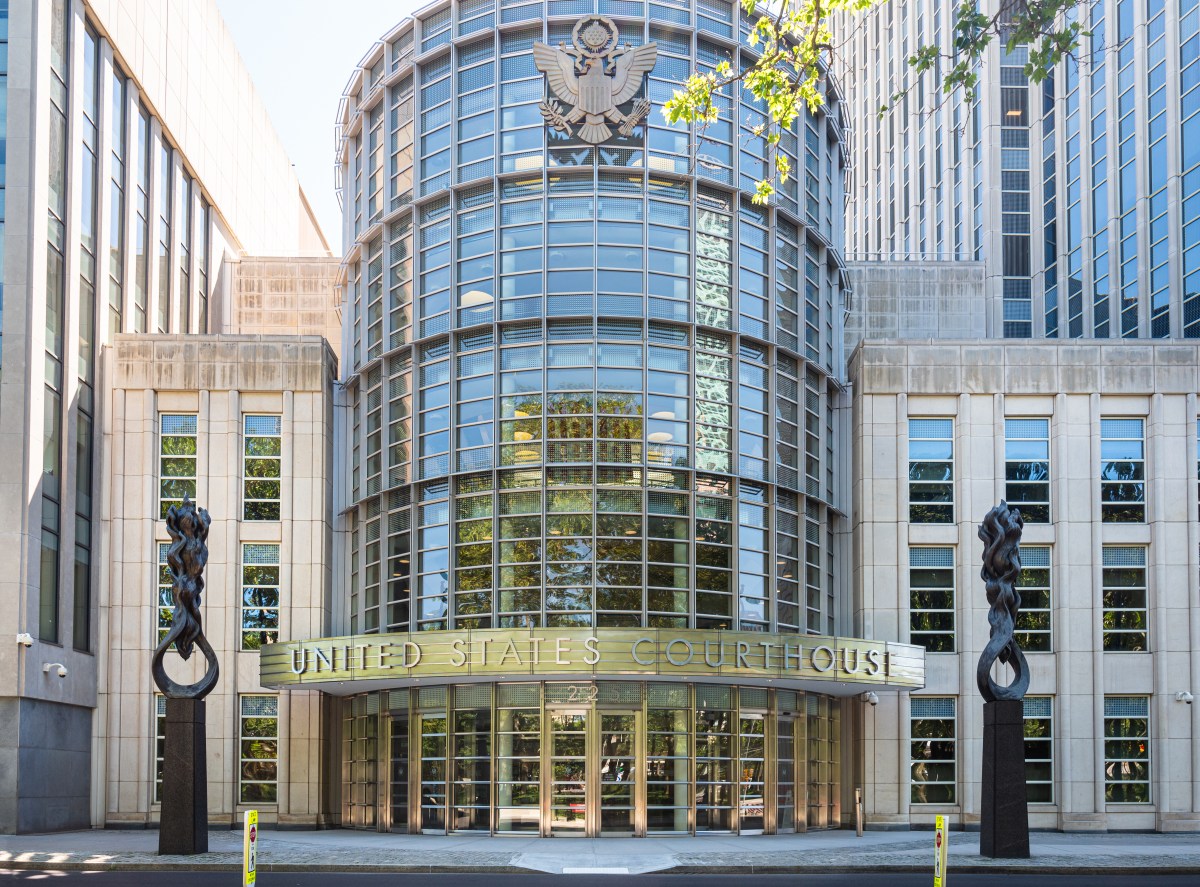Security just got a lot tighter in the shadows of LaGuardia Airport. But it’s not terrorists that the U.S. Department of Transportation (DOT), the Federal Aviation Administration and two local Congressmembers are after – it’s birds.
For three years, Congressmembers Gary Ackerman and Joseph Crowley have been concerned about a New York City Department of Sanitation (DSNY) plan to construct a Marine Transfer Station just 1,900 feet from the end of LaGuardia’s eastern runway in College Point.
The duo has argued that even an enclosed garbage transfer facility, like the one currently under construction by the DSNY, would inevitably lead to trash discharge and attract winged scavengers. Birds took U.S. Airways Flight 1549 down into the Hudson River in January of 2009, and opponents like Ackerman and Crowley remain worried that the LaGuardia station will pose an unnecessary risk for future “bird strikes” when it opens in 2012.
Despite DSNY claims that the more than 2,000 pounds of daily waste that pass through the LaGuardia station would never see the light of day – not to mention a favorable determination from the FAA following an intensive agency study – the Queens Congressmembers successfully lobbied for more protections.
In January, the FAA agreed to provide a U.S. Department of Agriculture (USDA) employee to serve as an on-site biologist to monitor the skies for increased bird traffic. The FAA said it would shut down the facility if the biologist noticed an increase in birds, and the building would remain closed until the situation had been sufficiently addressed.
Most recently, the DOT jumped into the fray by developing additional safeguards for the College Point Marine Transfer Station. The agency’s plan calls for installing anti-perching devices on the 100-foot-tall building’s roof and other surfaces; strictly enforcing a “no-feeding-the-wildlife” policy; ensuring that landscaping plants do not attract birds; and closely monitoring on-site trash containers and barges for garbage seepage and bird activity.
The DOT recommendations – which would be implemented by DSNY – included input from the FAA, the USDA, the Air Force, Port Authority of New York and New Jersey, and the City of New York.
In a statement, Ackerman said that he and Crowley remain opposed to the DSNY facility and continue to have “serious concerns.” But, the Congressmember noted, “we applaud these additional safeguards.”
In a statement, DSNY said it intends to comply with the DOT’s recommendations.





























